don't use bug spray on killer bees?
thisbud4u
16 years ago
Related Stories
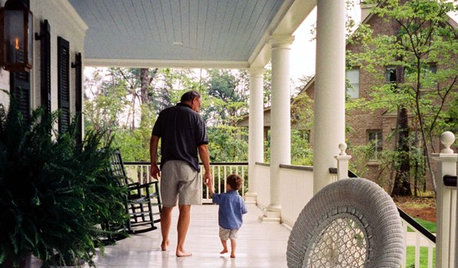
GARDENING AND LANDSCAPINGPorch Life: Banish the Bugs
Don't let insects be the bane of your sweet tea and swing time. These screening and product ideas will help keep bugs at bay on the porch
Full Story
GARDENING AND LANDSCAPINGBid Bad Garden Bugs Goodbye and Usher In the Good
Give ants their marching orders and send mosquitoes moseying, while creating a garden that draws pollinators and helpful eaters
Full Story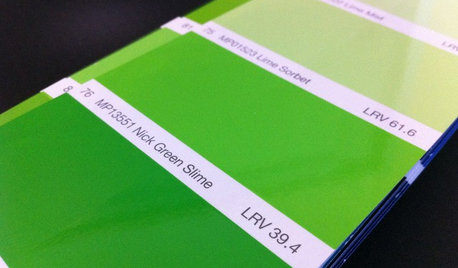
DECORATING GUIDESFrom Queasy Colors to Killer Tables: Your Worst Decorating Mistakes
Houzzers spill the beans about buying blunders, painting problems and DIY disasters
Full Story
GARDENING FOR BUTTERFLIESGardening for the Bees, and Why It’s a Good Thing
When you discover how hard bees work for our food supply, you may never garden without them in mind again
Full Story
GARDENING AND LANDSCAPINGBreezy and Bug-Free Modern Porches
Screening keeps pests out of these diverse porches across the U.S., while thoughtful designs keep them visually appealing
Full Story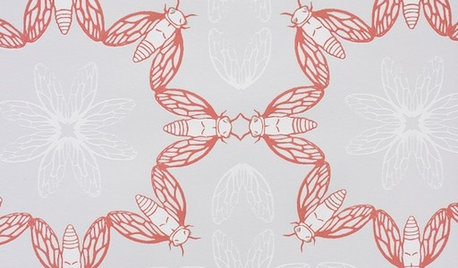
PRODUCT PICKSGuest Picks: Decor to Make Your Eyes Bug Out
Insects are marching to a different tune these days, showing up on knobs, teapots and even tablecloths
Full Story
EARTH DAYHow to Design a Garden for Native Bees
Create a garden that not only looks beautiful but also nurtures native bees — and helps other wildlife in the process
Full Story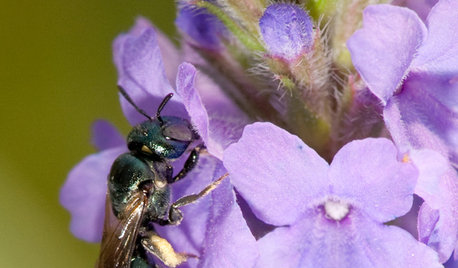
GARDENING GUIDESSmall Carpenter Bees Are Looking for a Home in Your Plant Stems
Provide flowers and nesting sites in your garden for this beautiful, tiny, metallic blue wild bee — your plants will thank you
Full Story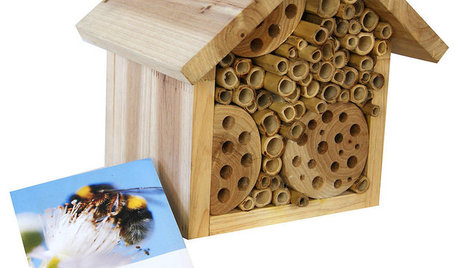
PRODUCT PICKSGuest Picks: 20 Ways to Play Garden Host to Birds and Bees
Perch some of these houses and feeders around your garden, and watch pollinators and feathered friends flock in
Full Story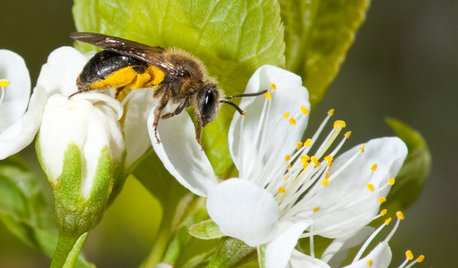
GARDENING GUIDESInvite Mining Bees to Your Garden by Planting Their Favorite Plants
Look for mining bees (Andrena) pollinating woodland wildflowers in U.S. gardens this spring
Full Story





txbeeguy
txbeeguy
Related Professionals
Comstock Park Landscape Architects & Landscape Designers · Ballenger Creek Landscape Architects & Landscape Designers · Mooresville Landscape Contractors · Tempe Landscape Contractors · Clayton Landscape Contractors · East Hanover Landscape Contractors · Ellensburg Landscape Contractors · Fair Lawn Landscape Contractors · Fort Wayne Landscape Contractors · Homewood Landscape Contractors · Little Ferry Landscape Contractors · San Rafael Landscape Contractors · The Woodlands Landscape Contractors · Waipahu Landscape Contractors · Hawaiian Gardens Landscape Contractorshoneyman46408
txbeeguy
honeyman46408
ccrb1
txbeeguy
barbara_muret
Susan Lichty
txbeeguy